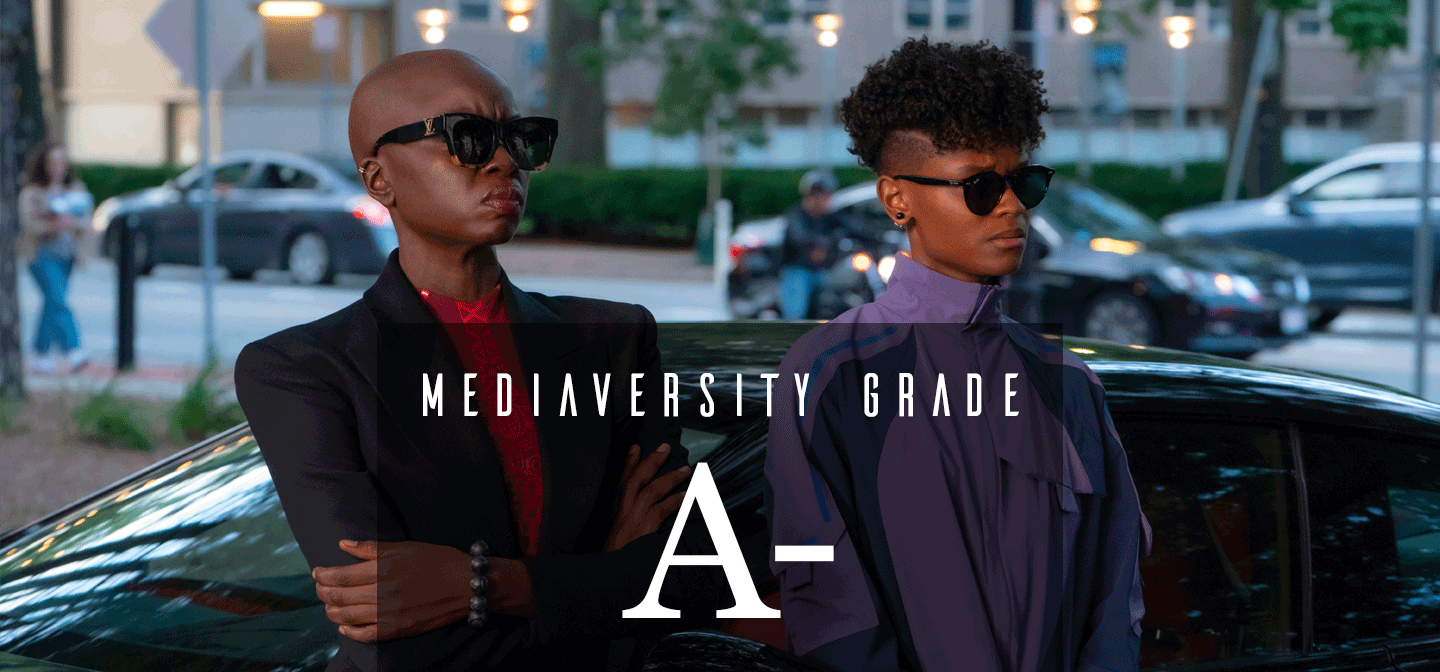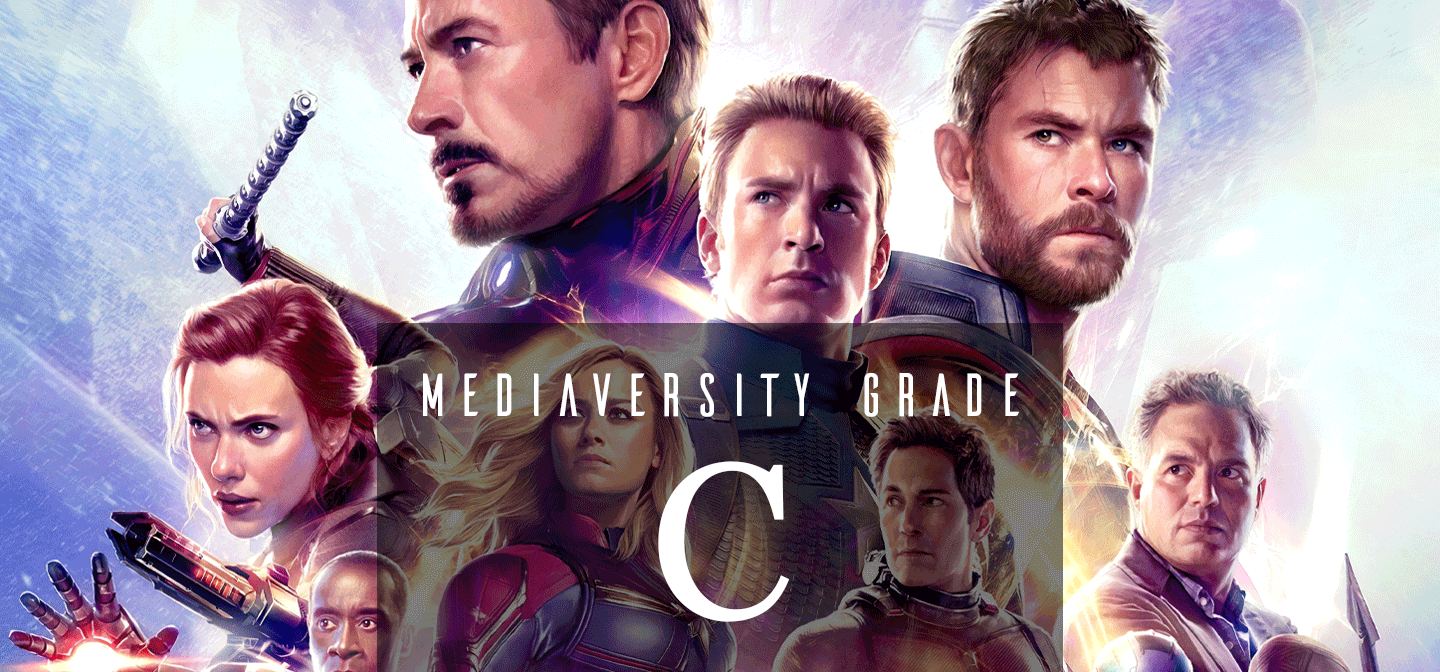Black Panther: Wakanda Forever
“Black Panther: Wakanda Forever’s screenplay makes it hard to root for Shuri.”
Title: Black Panther: Wakanda Forever (2022)
Director: Ryan Coogler 👨🏾🇺🇸
Writers: Screenplay by Ryan Coogler 👨🏾🇺🇸 and Joe Robert Cole 👨🏾🇺🇸, based on characters by Stan Lee 👨🏼🇺🇸 and Jack Kirby 👨🏼🇺🇸
Reviewed by Carolyn Hinds 👩🏾🇧🇧🇨🇦♿️
—MAJOR SPOILERS AHEAD—
Technical: 4.5/5
Heartbreaking scenes of a mother, wife, and queen distraught over the loss of her son and husband; stunning shots of an Afro-futuristic city untouched by European colonialism; and a prehistoric underwater Mesoamerican empire that comes alive through its people, architecture and artwork: These are just some of the amazing pieces to Black Panther: Wakanda Forever, filmmaker Ryan Coogler’s follow-up to his 2018 blockbuster, Black Panther.
Co-written with Joe Robert Cole, Wakanda Forever harmoniously uses such elements to tell a story about grief, healing, and hope, all while celebrating life and culture. Cinematographer Autumn Durald Arkapaw showcases the multitudes that Black, brown, and Indigenous peoples contain, seen among African Wakandans and Mesoamerican Talokans. Aided by impressive VFX, plus breathtaking production design by Hannah Beachler, the worlds of Wakanda and Talokan come alive.
With the passing of Chadwick Boseman in 2020—just two years after he played Black Panther’s leading role, King T’Challa—no one faced a greater challenge than the actor’s friend and colleague, Coogler, who had to craft an entirely new story that would pay homage to both Boseman the actor and T’Challa the character. For the most part, Coogler balances the film’s onscreen and offscreen needs extremely well, working in the death of T’Challa as soon as Wakanda Forever opens with his sister Shuri (Letitia Wright) scrambling around her lab, attempting to find a tech-based solution that will save her brother—just as she receives the news that she has failed and that her brother has died.
But as the movie progresses, three areas didn’t quite work for me: the unnecessary insertion of CIA duo agent Ross (Martin Freeman) and director Valentina (Julia Louis-Dreyfus), the death of another major character, and the believability of the precocious, super-smart Shuri as an action hero.
For starters, it’s a tall order to share scenes with heavyweights like Angela Bassett, who plays Queen Ramonda, or Tenoch Huerta Mejía in the hotly anticipated role of Namor, King of Talokan. Bassett embraces Ramonda’s inner turmoil as a woman whose grief could consume her, were it not for her determination to be a commanding queen and politician, while Huerta exudes an intimidating presence paired with effortless charm. In contrast, Wright only impresses in certain scenes, most of which she shares with Huerta—although playful exchanges with warrior Okoye (Danai Gurira) and young American prodigy Riri Williams (Dominique Thorne) do shine.
The weight of taking over such a heavy mantle would prove daunting for anyone. It doesn’t help that the screenplay makes Shuri hard to root for, as she spends much of the film lashing out in a grief-stricken rage. This may be realistic for any teen in her situation, but it still feels disappointing to watch our hero snap at her own mother, someone who Shuri seems to forget had also lost a son. Adding to that the sheer physicality required to become the Black Panther—I just didn’t buy Wright in this role.
Gender: 4.5/5
Does it pass the Bechdel Test? YES
If there’s one male director whose respect for women comes through in their work, it’s Coogler. From his first feature film Fruitvale Station (2013) to Creed (2015) to Black Panther, he’s always treated female characters with care, even if their stories are written around men.
The women in Wakanda Forever stand as individuals and hold strong relationships with each other. They’re pillars of their communities, exemplified by Ramonda who balances being a resolute leader on the world stage while also serving as a mother trying to stay connected to a daughter whose grief is pulling her away. And anyone who’s ever seen Bassett in any of her past films know what a commanding actress she is … which makes her character’s death hit that much harder.
Though Ramonda dies in a noble fashion, her sacrifice simply feels unnecessary. Coogler and Cole could easily have kept Ramonda on the throne while Shuri took on the role of Black Panther, a common-sense solution to the fact that martial ability and international diplomacy are two entirely different skill sets. Without credible reason, Ramonda’s murder rings of yet another example in Hollywood where two Black women in positions of power apparently cannot survive to the end credits of a mainstream movie.
This frustration aside, the film does do justice for its remaining women. MIT student Riri creates scientific inventions sought after by world powers, solidifying her position as one of the smartest characters in the Marvel Cinematic Universe (MCU). Thorne’s casting is pitch-perfect due to her youthful exuberance and sharp comedic timing, plus chemistry with co-stars like Gurira and Wright which provides some of the film’s funniest moments. And though there weren’t as many scenes with them together as I would have liked, Okoye and Ramonda’s relationship as queen and general held emotional heft. Apart from The Woman King (2022), this type of wartime dynamic is seldom seen on screen between women.
Race: 5/5
With the introduction of Talokan, an underwater kingdom likely derived from the Aztec paradise Tlālōcān, Coogler took on the responsibility of portraying an Indigenous people in a way that has never been done before in a big-budget superhero film. Unlike Wakanda, which is untouched by European colonialism and slavery, the film portrays Talokan as an offshoot of a real Mesoamerican culture that does encounter the ravages of Spanish colonization—an outrage that fuels Namor’s shunning of the surface world. However, it’s never too clear which culture he was born into, and depictions of Namor’s underwater kingdom blend elements such as the setting of “Tlālōcān” from Aztec history while using Mayan language, such as the phrase “Ku’ku’lkán” to describe Namor as a god.
While these civilizations could certainly have been portrayed with stronger distinctions, the care taken to realize Talokan is clear. Beachler and costume designer Ruth Carter pay homage to ancient Aztec gods painted on the walls of his underwater dwelling, and in the colorful clothing worn by those on the surface, including by Guatemalan actress María Telón who plays a community elder. With the casting of Mabel Cadena as Namora and Alex Livinalli as Attuma, both of them fierce Talokan warriors, plus the dozens of Latino and Indigenous performers who play various Talokans in minor roles, the film is filled with brown-skinned people representing their own histories and cultures.
Furthermore, Coogler actively calls out Spanish colonizers for their genocide of Namor’s people. The reenvisioning of the character’s backstory works amazingly well, putting the history of South American people at the forefront and allowing Namor to become a sympathetic adversary. Viewers get to know him as a protective king naturally afraid of losing the home that took him and his people hundreds of years to build after their ancestors were forced off their land. Through the juxtaposition of Wakanda and Talokan, Coogler uses 2018’s Black Panther to show what could’ve been had colonialism never happened, and now in Wakanda Forever, the painful consequences of it for characters like Namor.
Bonus for LGBTQ: +0.00
The film teases a lesbian relationship between Wakandan warriors Aneka (Michaela Coel) and Ayo (Florence Kasumba), a romance found in canon from the six-issue comic series Black Panther: World of Wakanda released in 2017. As Aneka and Ayo only interact with each other in a couple scenes, there’s no hint that they’re even romantically linked until the very end of the film, when Aneka gives Ayo a brief forehead kiss and calls her “my love.” With such minimal significance, it would hardly be fair to consider this a sign of true progress in the MCU’s long history of clinging to a painfully hetero universe.
Mediaversity Grade: A- 4.67/5
Much like its predecessor, Wakanda Forever innovatively melds history, fiction, and culture. It prioritizes the issues that face traditionally marginalized people and showcases our resilience while never letting you forget you’re watching an exciting MCU blockbuster. To simultaneously pay homage to Chadwick Boseman, who meant so much to so many, is practically an insurmountable task. Having achieved it with as much beauty and grace as Coogler, the cast, and crew did, is worth every bit of praise they receive.




